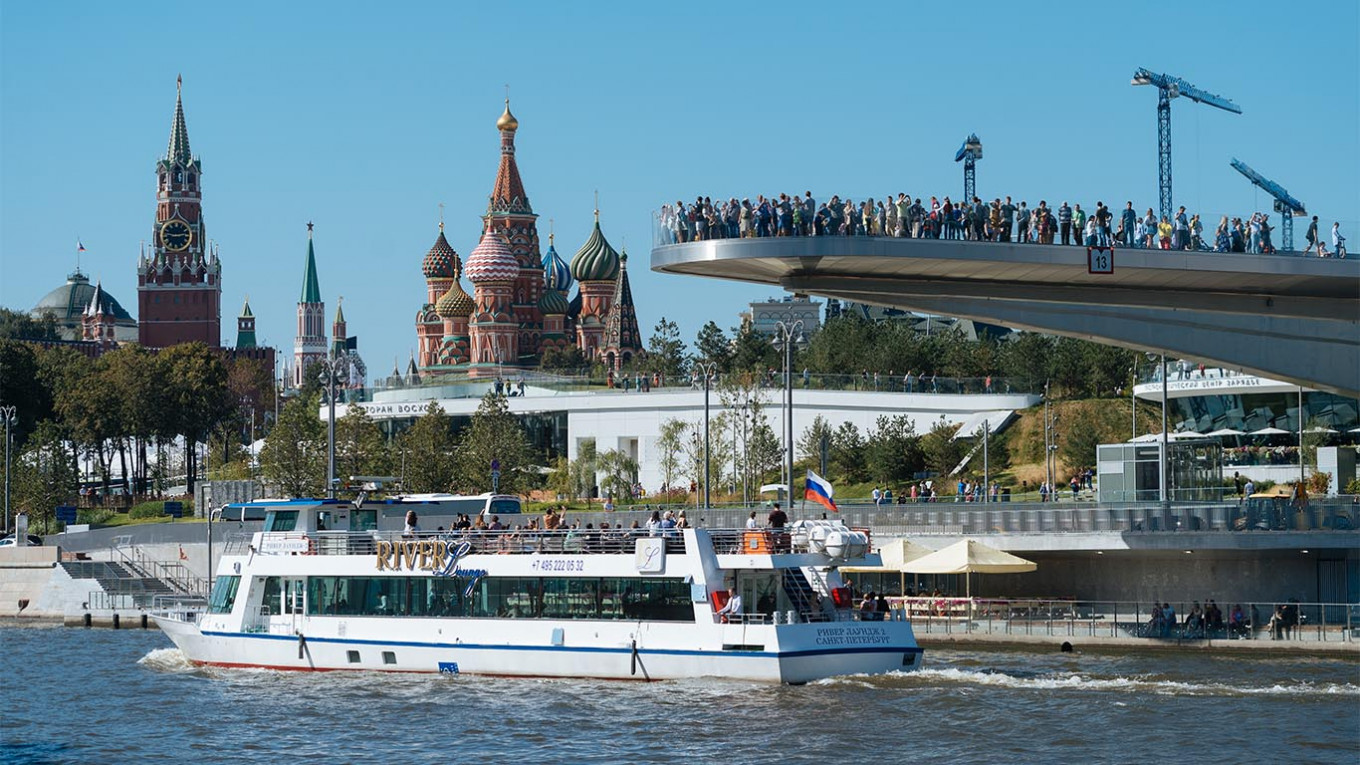
Russian lawmakers have passed legislation that will allow foreign tourists from 53 countries to visit Russia with an electronic visa starting next year, the Kommersant business daily reported Monday.
Russia has previously introduced simplified e-visas for visitors to St. Petersburg, Kaliningrad and the Far East. While Russia closed its borders and stopped issuing visas to foreigners in March due to the coronavirus, tourism officials hope the e-visa expansion will inject much-needed revenue to a sector hit hard by the pandemic.
Under the new regulations, citizens of 53 countries, including EU member states, China, Japan, India and Turkey, will be able to obtain 16-day, single-entry tourist visas online from Jan. 1, 2021, Kommersant reported.
Foreigners will be asked to apply on the Russian Foreign Ministry website for the visas, which will be issued no more than four days after applying and will be valid for 60 days after issuance. The visas will cost about $50 for adults and will be free for children aged 6 and under.
The State Duma, Russia’s lower house of parliament, passed the legislation in its first reading last week, Kommersant reported.
Deputy Foreign Minister Yevgeny Ivanov told Kommersant that the draft regulations will be submitted to the Russian government by July 18.
Russia’s Federal Tourist Agency, Rostourism, previously recommended offering the e-visas at no cost to help the tourism sector recover from the coronavirus crisis. The agency also suggested extending proposed e-visas from 16 days to 90-120 days and making them multiple-entry.
Ivanov said these changes should be introduced gradually to prevent illegal migration, pointing to more than 2,000 foreigners who have stayed in Russia illegally after arriving for the 2018 football World Cup under a visa waiver program. He added that the visa fees are needed in order to prevent attempts to manipulate and overload the Foreign Ministry’s database.
Russia could potentially change the e-visa program to allow multiple entries and expand their periods of validity to one or five years in the future, he said.
Russia could also someday add Britain, the U.S. and Canada to the list of countries whose citizens are eligible for e-visas “if visa dialogue with these states normalizes,” Ivanov said earlier this year.
While it’s still unclear when Russia’s embassies and consulates abroad will reopen after closing down due to the coronavirus, diplomatic officials are already preparing to resume their work, Kommersant reported.
